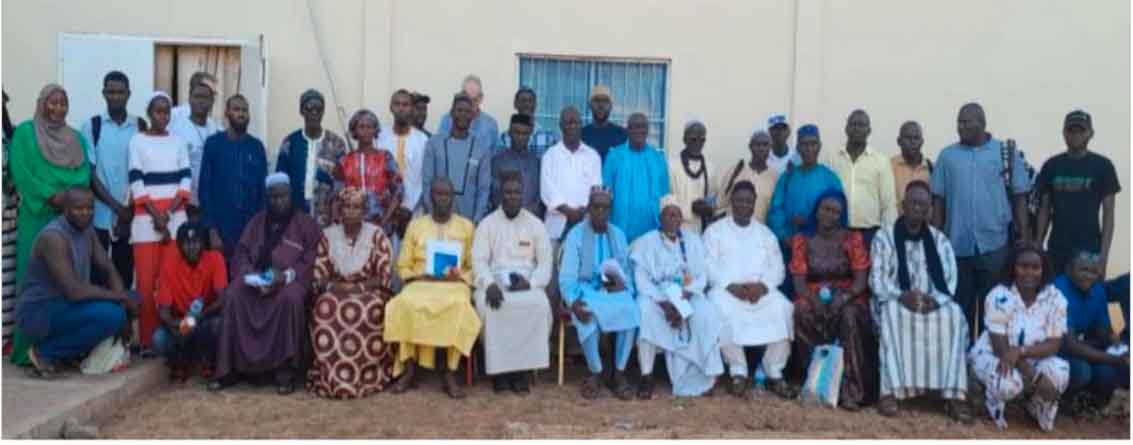By: Lamin B. Darboe
Officials of The Gambia Mangrove REDD+ Project recently held a day-long sensitisation for rural communities, decision makers and media personnel on mangrove restoration at the Mansa-Konko Area Council’s Conference Hall in Soma.
The synergy was designed to effectively inform participants about the importance of mangrove planting and the REDD +project.
The aim of the project is to conserve part of the country’s mangrove ecosystem that covers a surface area of 519.11km square (519.11ha) and serves as live support system to Gambians and the world at large.
Speaking at the forum, director of Department of Parks and Wildlife Management (DPWM) under the Ministry of Environment, Climate Change and Natural Resources, Mr. Mamadou Lamin Gassama described mangroves as the best carbon sink.
Mr. Gassama revealed that they have embarked on the rehabilitationof mangroves in various parts of the wetlands, adding that the work they undertook for the past years gave birth to the agreement with Ørsted.
He explained that they had done an extensive ground trothing and ecological surveys across the country to know the number of mangroves in the country.
“We can even sell the carbon that will emanate from the off-setting to Ørsted if they can agree on a price with the government.Last year, we planted over 240 hectares while this year, we have restored over 5000 hectares across the country,” Mr. Gassama informed.
He informed that several million dalasi was put into participating communities as a direct consequence of the mangrove restoration this year, adding that all the carbon credit coming out of the project belong to Gambians.
National Assembly Member for Kiang West, Hon. Lamin Ceesay described mangrove restoration as one of the most sustainable projects. He acknowledged that communities in his constituency benefited so much from the project.
The communities in the Kiang West Constituency that benefited from the REDD + project are as follows: Kiang Keneba benefited two million Dalasi, Kiang Joli over three hundred thousand Dalasi and Kiang Karantaba over five hundred thousand Dalasi.
Thomas Lyse, vice president of BIO Markets Bioenergy said the project would restore the unique ecosystem of the country and he expressed his satisfaction with the level of engagement and commitment shown to the project by Gambians.
The project is being implemented by the Department of Parks and Wildlife Management (DPWM), Sahel Wetlands Concern an NGO, Kombo Foni Forestry Association (KOMFORRA) an NGO, West African Birds Study Association (WABSA) an NGO and the Danish Green Energy major orsted







